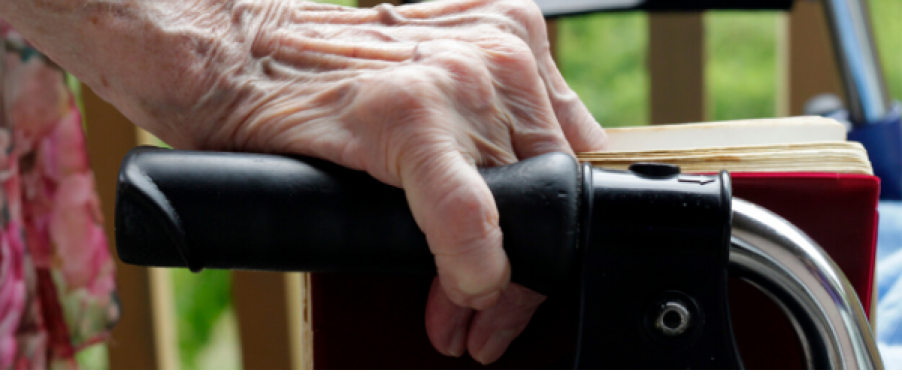Understanding why dementia patients are at risk from falls
An important aspect of looking after loved one is helping to prevent falls and injuries. People with dementia are at higher risk of falling, due to a number of reasons, including reduced mobility and cognitive impairment. Because of the nature of dementia, patients are over three times more likely to injure or fracture their hip, and the rate of death, due to a hip fracture, is also increased. Identifying internal and external factors is crucial to help keep your loved one safe and mobile.
Common factors that increase dementia falls risk
Some people in dementia care don’t develop physical issues, whilst others show signs of physical decline, even before memory impairment. Researchers believe that physical changes like manner of walking and balance may be early signs of the disease. Undoubtedly, Alzheimer’s can cause a decline in gait, balance and muscle strength, however, there are other factors that put your loved one at risk of falling:
Not exercising enough – people who do not get enough exercise are at risk of reduced mobility, which increases their risk of falls.
Cognitive decline – this impacts a person’s decision making skills, causing them to make unsafe choices when moving around. Their memory impairment could also mean they find it difficult to accept someone helping them with getting up and walking around.
Decline in hearing or eyesight – people in dementia care may experience visuospatial problems. Reduction in vision and hearing prevents them from assessing their environment properly, so make sure your loved one has hearing aids and appropriate glasses, if required.
Other risk factors to consider
Generally, side effects of ageing and dementia put patients at a higher risk of falls. But there are other factors to consider. For example, falls are more likely to happen at the end of the day, when your loved one becomes tired. Side effects from medications, such as blood pressure changes and drowsiness are also known contributors. Additionally, consider their environment – clutter can make it hard to navigate their home and some dementia patients have the tendency to hoard, so ensure their environment is tidy and safe.
Dementia – preventing falls
Should an elderly be admitted to a hospital due to a fall, they are at an even higher risk of another injury, because of the strange environment and unfamiliar caregivers and routine. When looking after loved one, it’s important to reduce the risk of falls and prevent fractures. They may be getting up and walking without assistance if they are feeling restless, experience pain or discomfort, or need to use the bathroom. People in dementia care are not always able to express their needs, so watch out for any physical signs that indicate they need tending to. Your loved one may be hungry or thirsty, or they may simply feel bored or lonely. Ensure their basic physical needs are met, as well as their need for social interaction. Our need for socialising doesn’t disappear with the progression of dementia and staying social can actually improve dementia symptoms and their quality of life. Most importantly, identify the possible risks that could cause your loved one to fall. If they need help moving around and you are struggling to assist them, it may be worth considering an at-home carer to look after the patient in dementia care.
Find out more about our free care finding service here.
Bestsellers under £50




